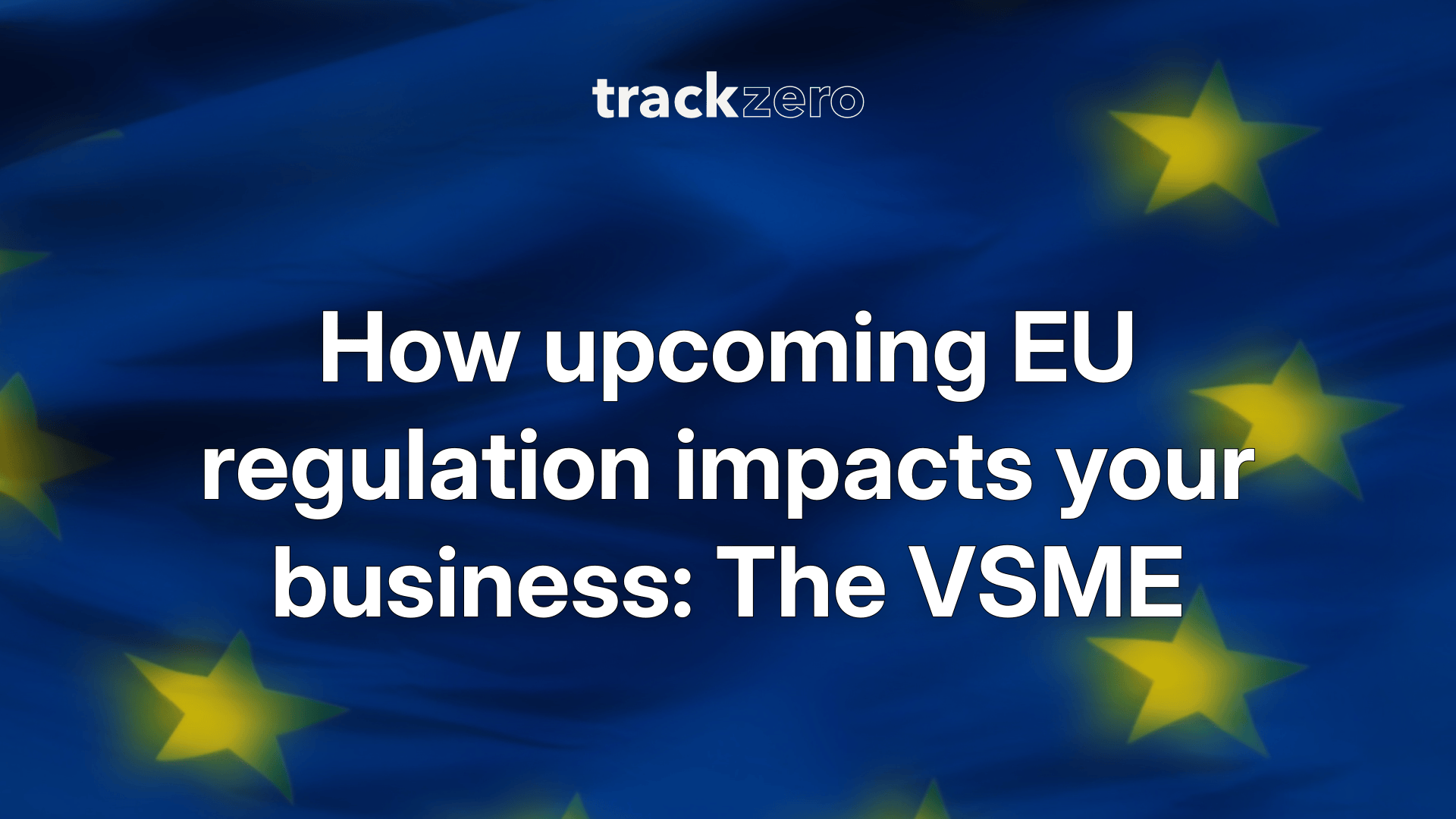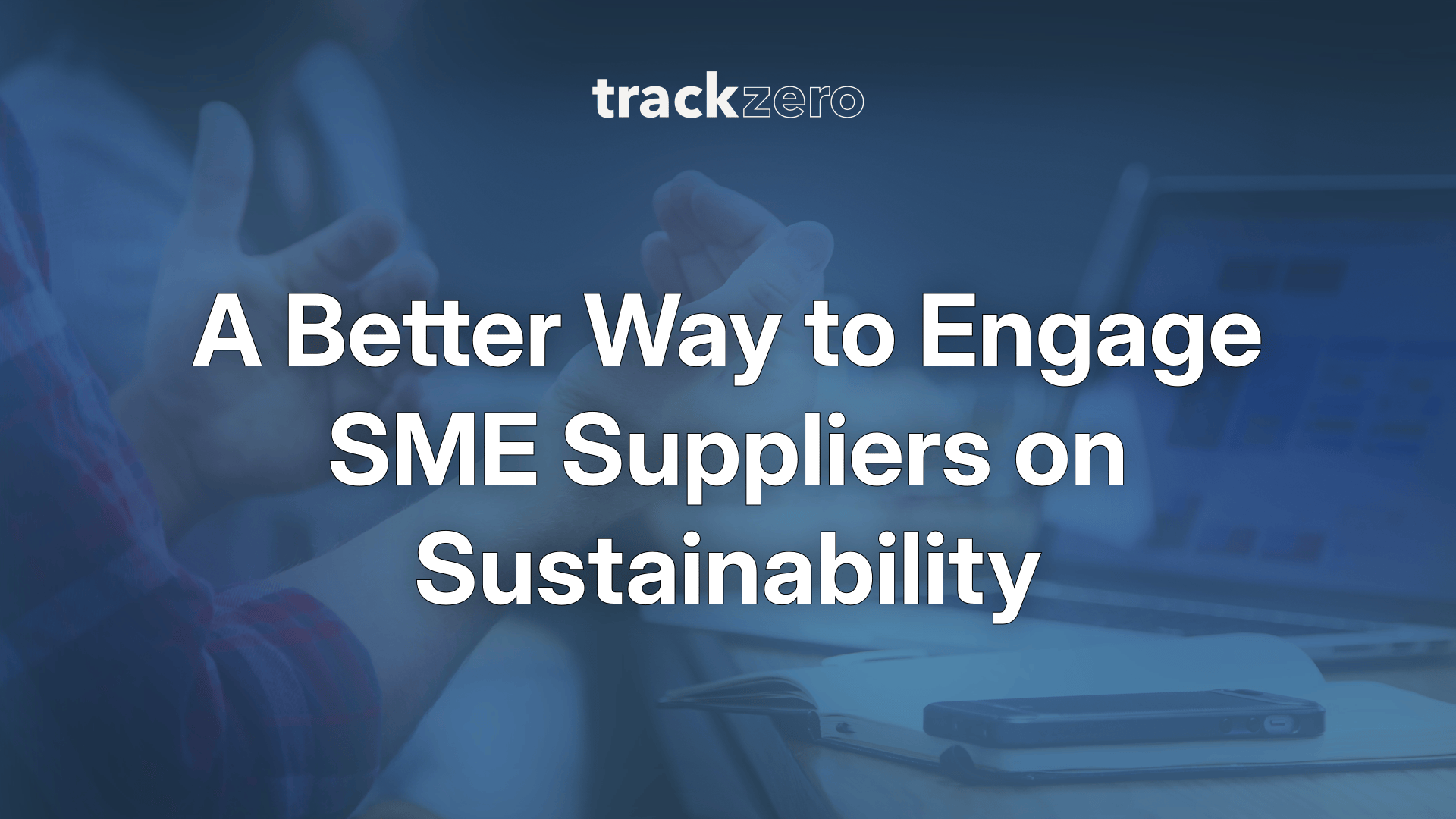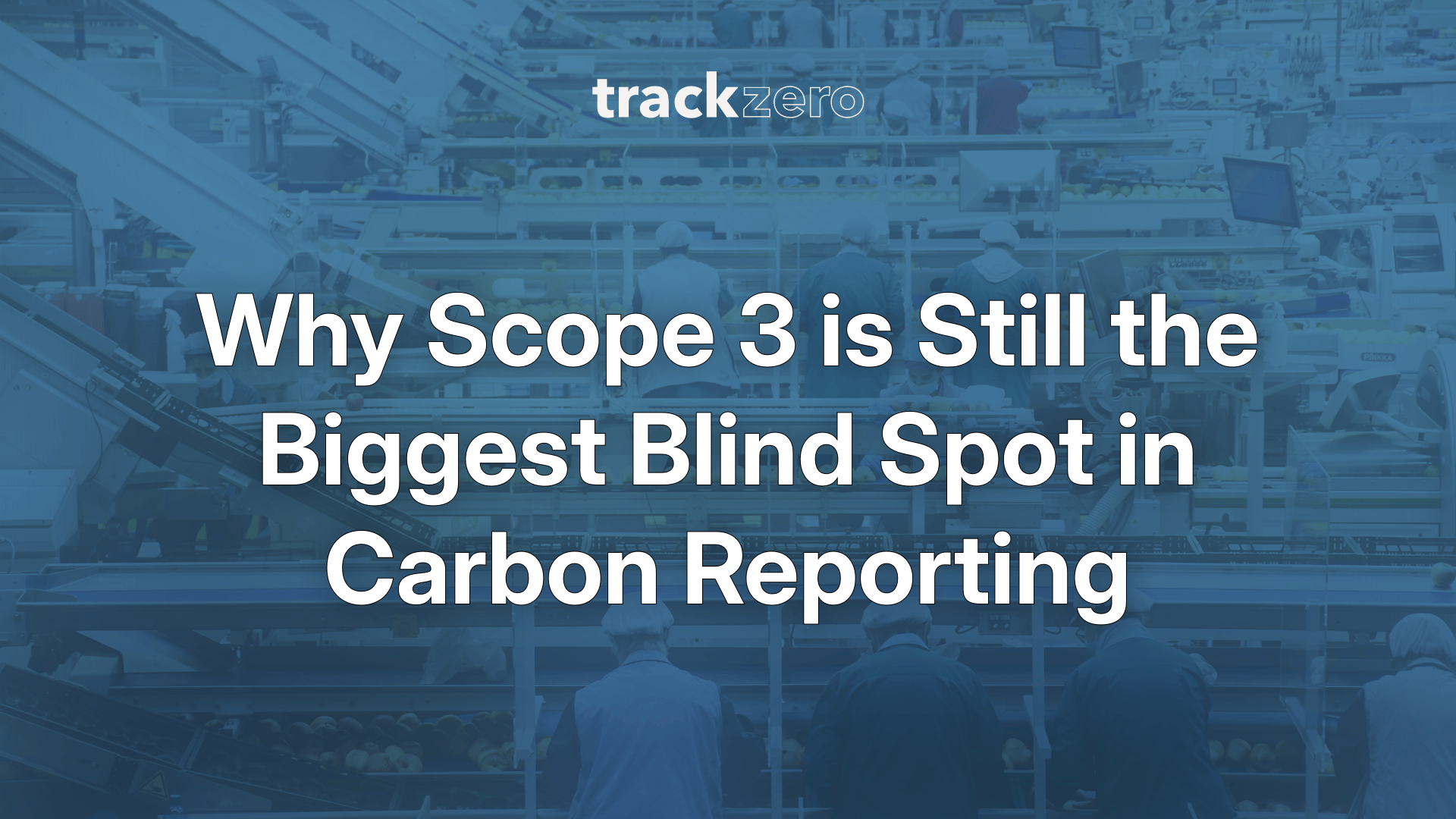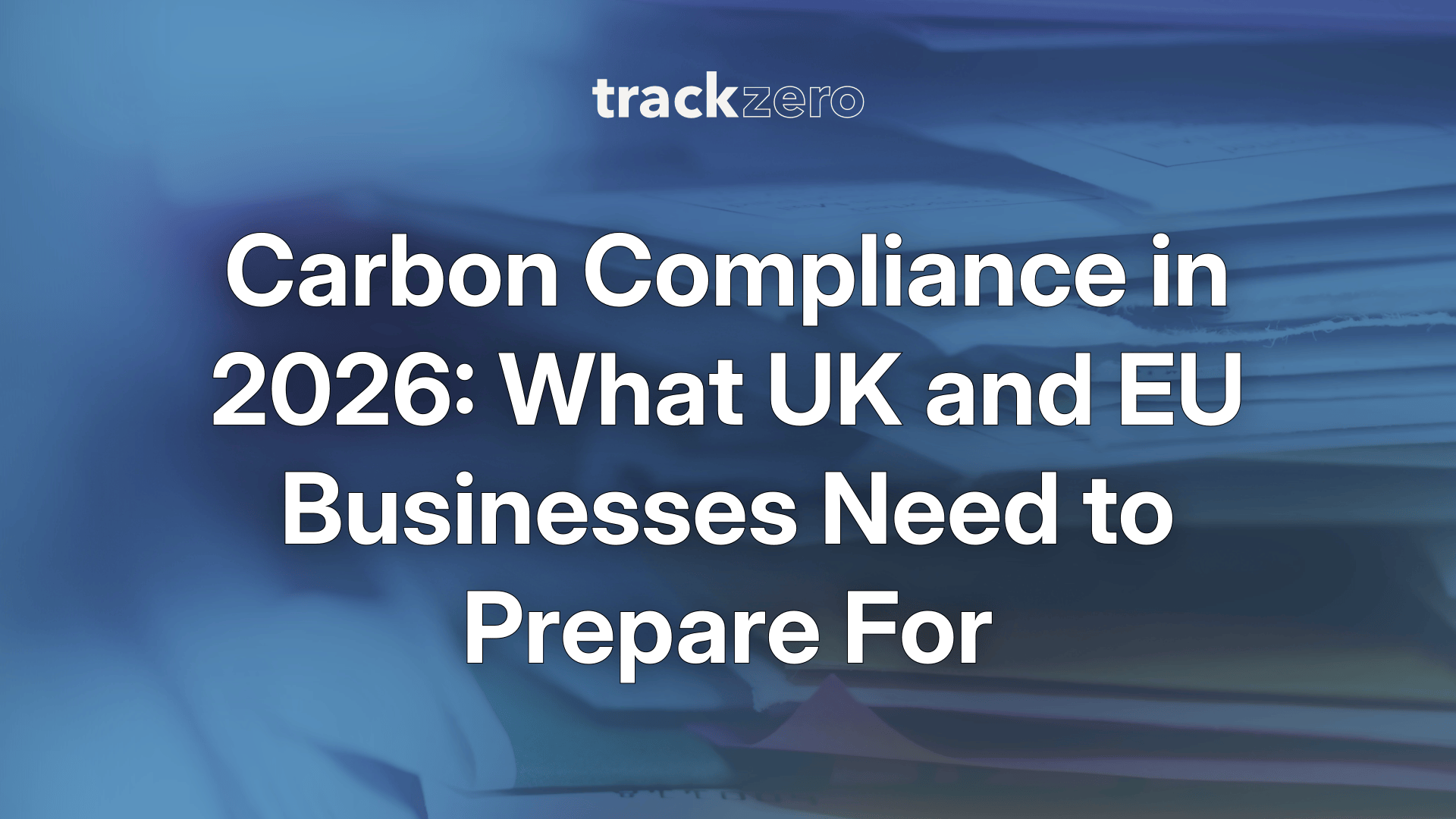On 30 July 2025 (yesterday!!), the European Commission released a long-awaited piece of the corporate sustainability puzzle: the Voluntary Sustainability Reporting Standard for SMEs (VSME). Designed as a simplified framework, the VSME provides clear, accessible guidance for small and medium-sized enterprises (SMEs) to start disclosing environmental, social, and governance (ESG) data, even if they're not legally required to.
And while it might sound like just another regulation update, this new standard has important implications for both large organisations reporting under the Corporate Sustainability Reporting Directive (CSRD) and the SME suppliers within their value chains.
The CSRD has already come into force for many large companies. It mandates detailed ESG disclosures aligned with the European Sustainability Reporting Standards (ESRS... last acronym of this article), a comprehensive framework covering everything from emissions and biodiversity to governance and workers' rights. As a result, large companies increasingly need supplier data to meet their Scope 3 and ESG obligations. That's where the VSME comes in.
What Is the VSME Standard?
The VSME is:
- Voluntary: Not legally binding for SMEs, but highly encouraged.
- Simplified: Tailored for smaller businesses with limited reporting capacity.
- Aligned: Built to feed into larger companies' ESRS-compliant reports.
In short, it gives SMEs a consistent way to start reporting, and gives their clients a credible way to collect that data. Scope 3 emissions, those that occur outside a company's direct control, such as in purchased goods or upstream logistics, often make up over 70% of a company's total carbon footprint. But collecting high-quality data across a complex, SME-heavy supply chain has been one of the biggest challenges in sustainability reporting. Most SMEs:
- Don't know where to start.
- Are overwhelmed by jargon.
- Lack the time or tools to report properly.
The VSME provides a common language and entry point. It makes it easier to engage suppliers, set expectations, and reduce the friction of onboarding SMEs into your sustainability programme.
If you're an SME, chances are you've already been asked by one or more customers for your ESG credentials. And if you're an enterprise, you're likely grappling with the pain of collecting that data right now.
3 Steps to Take Now as an Enterprise
The VSME standard opens the door, but you still need a plan to walk through it. Here's how to get started:
1. Map your supplier network.
Identify key suppliers, especially SMEs, and assess their current reporting maturity.
2. Engage and educate.
Let them know the VSME standard exists, and why it's helpful for future-fit business.
3. Onboard with tools like TrackZero.
Provide a clear, accessible way to start reporting and streamline data collection on your side. At TrackZero, we work with large enterprises to streamline scope 3 data collection, allowing you to support your supply chain and show real climate action.
3 Steps to Take Now as an SME
If you are an SME reading this, you can start by:
1. Educate yourself.
Read the VSME standards and take some time to investigate sustainability and ESG.
2. Start by tracking your carbon emissions.
Leverage SME-friendly software like TrackZero to easily and quickly get your carbon footprint and compliant reports to share with customers.
3. Be proactive with your customers
Having ESG data ready, even if it's early-stage, can strengthen relationships, help you win tenders, and position your business as a forward-thinking partner.
The release of the VSME standard marks a major step forward in making sustainability reporting more accessible for businesses of all sizes. Whether you're a large organisation working to meet CSRD requirements, or an SME looking to future-proof your operations, this new framework offers a practical starting point. The sooner value chains begin working together on transparent, manageable ESG reporting, the better positioned we'll all be, for compliance, for competitiveness, and for meaningful climate impact.
At TrackZero, we're here to help both SMEs and large organisations navigate scope 3 carbon accounting and streamline ESG data collection across value chains. Whether you're just starting out or looking to improve existing processes, our platform makes reporting clearer, easier, and more effective.
Get in touch to find out how TrackZero can support your sustainability journey and help you turn compliance into impact.




